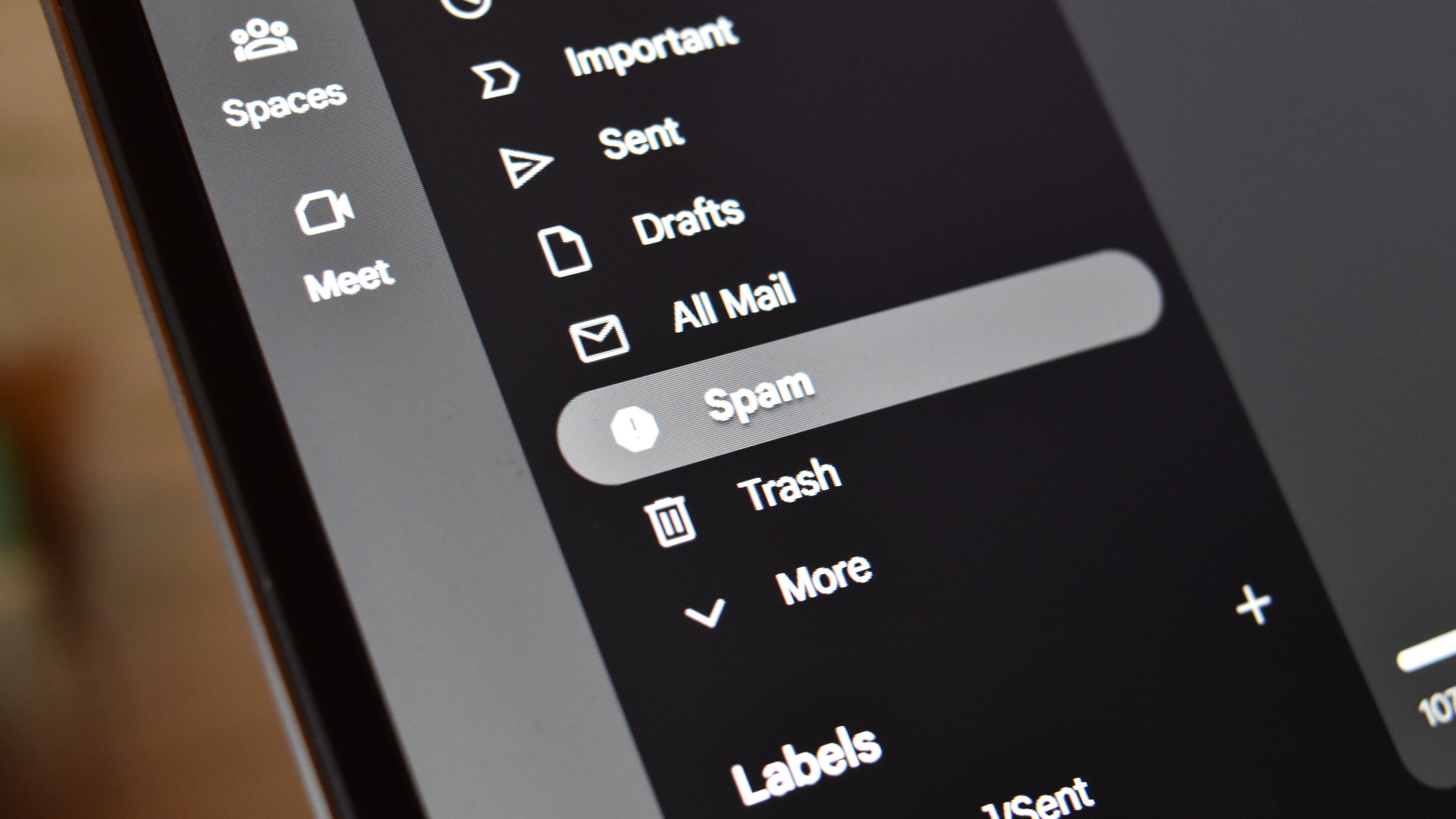Gmail starts pilot program to exempt political emails from spam filter
Brace yourselves for more political fundraisers in your inbox.

Update (September 20, 10:44 pm ET): Google is apparently rolling out its new political filtering program this week.
What you need to know
- The FEC approved Google's request to allow political campaign emails to bypass Gmail's spam filters.
- Google previously asked the commission to approve the political filtering program after it received a backlash from Republicans.
- Users will retain control over the political campaign emails they receive and can direct them to the spam folder if they so choose.
Google is now allowing political campaign emails to bypass Gmail's spam filters regardless of whether or not they contain spam-like language following approval of a pilot program that was spurred by criticisms from Republicans.
The U.S. Federal Election Commission has greenlighted Google's request to keep political emails sent by authorized candidate committees, political party committees, and leadership political action committees from being labeled as spam.
The search giant sent its request to the commission in June with the goal of confirming whether the program would amount to some sort of contribution to political campaigns, according to Axios. Private companies like Google are prohibited from making contributions to federal candidates in accordance with the Federal Election Campaign Act.
However, because Gmail is a free service, the FEC considers the program to "be in keeping with Google's ordinary business practices." Google's pilot program does not violate any laws, according to the commission.
Political candidates and party committees will need to apply for the program to have their campaigns exempted from Gmail’s spam detection systems. Google came under fire over accusations that it disproportionately filtered Republican campaign emails sent through Gmail.
The email will include notifications asking users if they want to continue receiving this type of email. This means they'll have control over how they want to receive political campaigns and direct these messages to their spam folders.
Get the latest news from Android Central, your trusted companion in the world of Android
"Unless a user opts out in the first message or any subsequent messages from a particular sender, the user would continue receiving messages from that sender," the FEC said in a memo. "Moreover, Gmail users would be able to express their preferences at any time and affect future delivery by marking a sender’s message as either spam or not spam."
Political emails must also include a one-click unsubscribe button for users to easily opt out of receiving such messages.
In a statement to Android Central, a company representative said that Google "will reflect on the positive and negative feedback received during the public comment period."
"Our goal during this pilot program is to assess alternative ways of addressing concerns from bulk senders, while giving users clear controls over their inboxes to minimize unwanted email," the spokesperson added.
Update
Google will begin exempting campaign fundraising emails from Gmail's spam detection system this week. The pilot program comes after the U.S. Federal Election Commission gave Google a go-signal in August.
"We expect to begin the pilot with a small number of campaigns from both parties and will test whether these changes improve the user experience, and provide more certainty for senders during this election period," Google's José Castañeda told Axios. "We will continue to listen and respond to feedback as the pilot progresses."
During this stage, Gmail users will notice a more visible unsubscribe button, which they can immediately click if they do not wish to continue receiving a given fundraising email.

Jay Bonggolto always keeps a nose for news. He has been writing about consumer tech and apps for as long as he can remember, and he has used a variety of Android phones since falling in love with Jelly Bean. Send him a direct message via X or LinkedIn.
